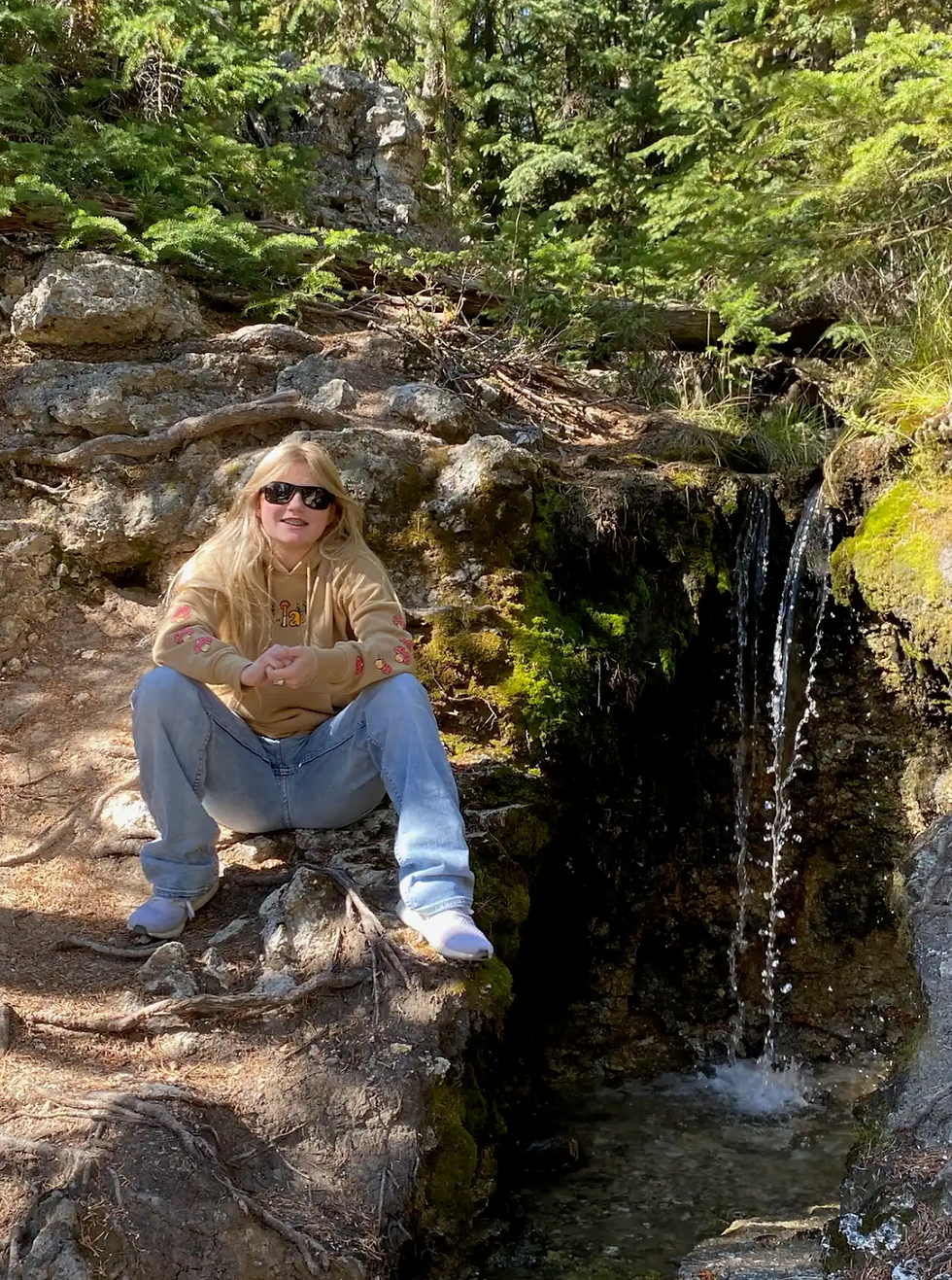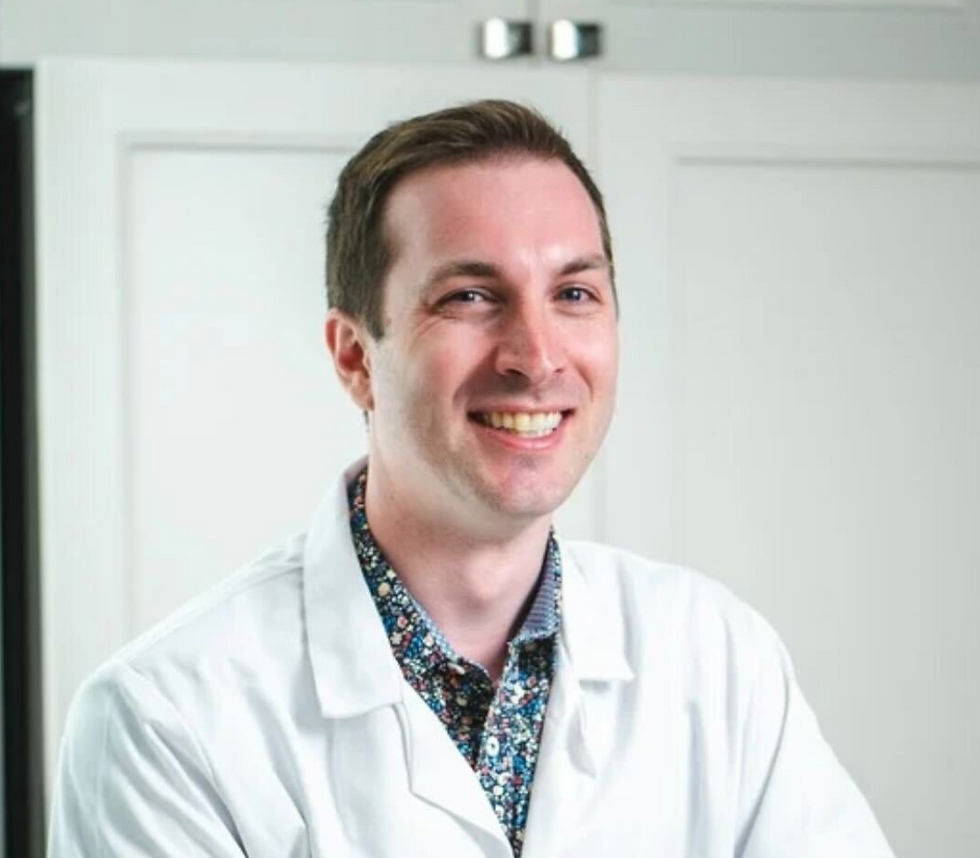The Dilemma of Grappling with a Court Case as an Individual with Brain Injury : S.Porter
- Jasper Delichte
- Jul 6, 2021
- 6 min read
June 18th, 2021
Please tell us a little bit about yourself, start with whatever you would like! My brain injury was a motor vehicle accident. that I still work with health care. I have trouble with my memorization, which makes accounting very difficult. So I changed and it actually worked out for the better for me. I moved to more support firm medical staff, I work as an analyst. My accident in 2014. because I had a couple of physical injuries: I fractured my pelvis really badly, and I was quite heavily medicated. So it took a while to realize that I was having cognitive issues. I had gone unconscious at the accident, and I have no recollection of the accident, there's no large memory gap. But it took about 6 months to realize that anything was happening. And then it was really difficult to get support as well. Especially because of the nature of motor vehicle accidents and having lawyers involved, and something you do ultimately receive a payout for. Because of that, there was a lot of negativity towards people expecting.. And I certainly felt that, and I would go to doctors and talk about how my head felt, there were a lot of comments like “Oh you do stem to benefit from this financially”. So I did get quite frustrated. I got my diagnosis a year after the accident, the year after they thought it would eventually go away with time, and it was still considered a concussion more than anything else. It wasn't two and a half years until they determined that I had a mild traumatic brian injury. And any kind of recovery I would make I would've already made at that point. Because typically the most recovery you can make is around that first year. It was really difficult... I was really depressed. And my family found it very difficult because one of the things that happened to me is I had a significant personality change. For that I didn't notice as muc, but it was very apparent tomy family. They had to re- get-to-know me and that was difficult. And relearning how to learn cuz i've already pursued education. The part I want to share is twofold. One is to always advocate for yourself which can be really hard, especially when you are taught to listen to doctors. But in many cases I've been told that oh well maybe you just need to sleep or you are stressed. But you know your body, you know something is going on, and you can tell. You might not know what it is but you know something is wrong, and trust that intuition, and just keep talking to people until you find
someone who will listen. Which hopefully gets more accessible as time goes on, and with
organizations highlighting these issues. Especially in Victoria, I did get looped into the Victoria
Brain Injury Association, but one of the big gaps that I found is because of under funding, the
support is there for people who can’t work and can’t take care of daily life, and this definitely
should be the priority. But for people who don’t fall into that gap, you still are able to function as
a member of the society, but there are no supports cuz they figure that you are functioning,
you’re fine. And that’s actually been one of the most difficult things I faced, is in talking to
people about it, they will say you articulate yourself fine, and you seem smart. So that is one
thing: advocating for yourself and the other is that it doesn’t necessarily ever get better. I still
have all the same problems I have since 2014, but it’s incredible how your brain learns to adapt.
So I had to change, changing how I store information, changing how I work. I can't be in certain
work environments, and I can't be around anyone with high pitch noises or loud noises. So
there’s hope, even if it never goes away, you will adapt.
Can you please describe what the experience was like dealing with a court case while also suffering from a brain injury? In the early stages, while it was still an open court case, my diagnosis was very weaponized. So when I was with my team, I had to keep switching positions. On one side of the spectrum, my lawyer almost wanted me to be more damaged while on the other side of the spectrum are the lawyers from my insurance company who wanted to insist that I was fine. It was not a very pleasant experience... And I will share that I completely recognize I have a tremendous amount of privilege in this situation. I work for a large organization that is healthcare So we have a lot of benefits and take time and flexibility that people don't have. And to share a few facts, I was at the time a white female in my twenties, going into the hospital, it was not dismissed in the same way that a lot of people might have. So I'm very cognizant of the fact that my situation, while very difficult for me, could be a thousand times worse for somebody else. Is there a person that you want to thank? How did they help/ inspire you throughout your journey?
So I did get quite suicidal for a while, so if I hadn’t had my sister... Because my family was
going through mourning the loss of who I was, and not as equipped to talk to me the way I am.
And even though my sister went through that, she was a lot more able to support it and talked to
me and got to know me. So I’m very grateful for my sister through this.
What is one thing that you think would help other families support their member who is
suffering from a brain injury?
Patience. Like my family is especially big on multitasking. So having the patience to work at the
pace with the person you are working with. Recognizing that it is frustrating, and maybe taking
the time to mourn and get through it and not putting that on the person. I struggled with that a lot.
That's one of the issues I had. I was considered to have a lot less empathy than I did before as
part of the personality change. SO i have a lot of difficulties separating my own feelings from
what other people would feel with it. But patience helped me, when people took time to listen
and support. Yeah it takes more time for people with brain injuries to process things. So when I
got my diagnosis, I wasn’t able to talk about it for at least a month cuz I needed time to figure
out what that meant for me.
How has this injury changed your life? What changed the most and how have you been dealing with it? One was my relationship with my family and friends. In a lot of cases, that's actually never gotten better. My relationship with my parents has never been the same since. So the relationships are hard, especially with personality changes, when you're the person who has it, you don't notice them, because it's other people's perceptions of you as opposed to you of yourself. The other is learning how to work again and how to navigate shared offices, right light, and working full time. So one of the sad things that happened is with high pitched voices, I tend to black out and I end up taking long naps. That was really sad for my niece and nephew. They are lovely little kids and I would spend a lot of time with them and from all the pictures it looks like I'm having a great time but I have no memory of those moments because the tone and the pitch just made it so that I don't retain any information. Where do you see yourself in the near future?
As I mentioned before, I work in healthcare, and so nurse rpacticiotners are really trying to
improve healthcare. I still see myself doing this but just hoping to have some accomplishments.
Can you please specify your full-time working experience and coping with your brain
injury?
I’m very lucky because I’ve been off work on medical leave once a year since it happened. And
I'm very fortunate and I have a lot of flexibility especially due to covid on when I can get on my
computer and off, and that's not what people can get. So it is hard, and I think the number one
thing to remember is to listen to yourself.
And I benefited a lot from Covid. I can work from home and take breaks in between the day, and
completely remove myself from stimulation. So I very much benefited from vodi for that, but I
always hate saying that because so many people don’t have the same flexibility that i have with
work. And even just now, I understand the importance of connection. Because I’ve always
resented being around people because I very much valued my private time. But after one year of
always having private time, I end up valuing that time so much more.
After the pandemic cools down, what’s the first thing you would like to do?
I’d actually just like to go somewhere, just leave the island and do something different.
You have given many pieces of advice throughout our interview, but on the last note, I still
would like to ask if there is any final advice?
To anyone with brain injury, it does get better. Even if the symptoms never change, you will learn to be okay with it.



